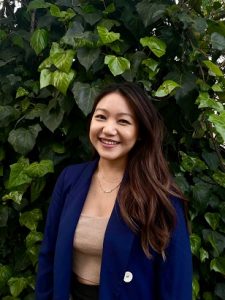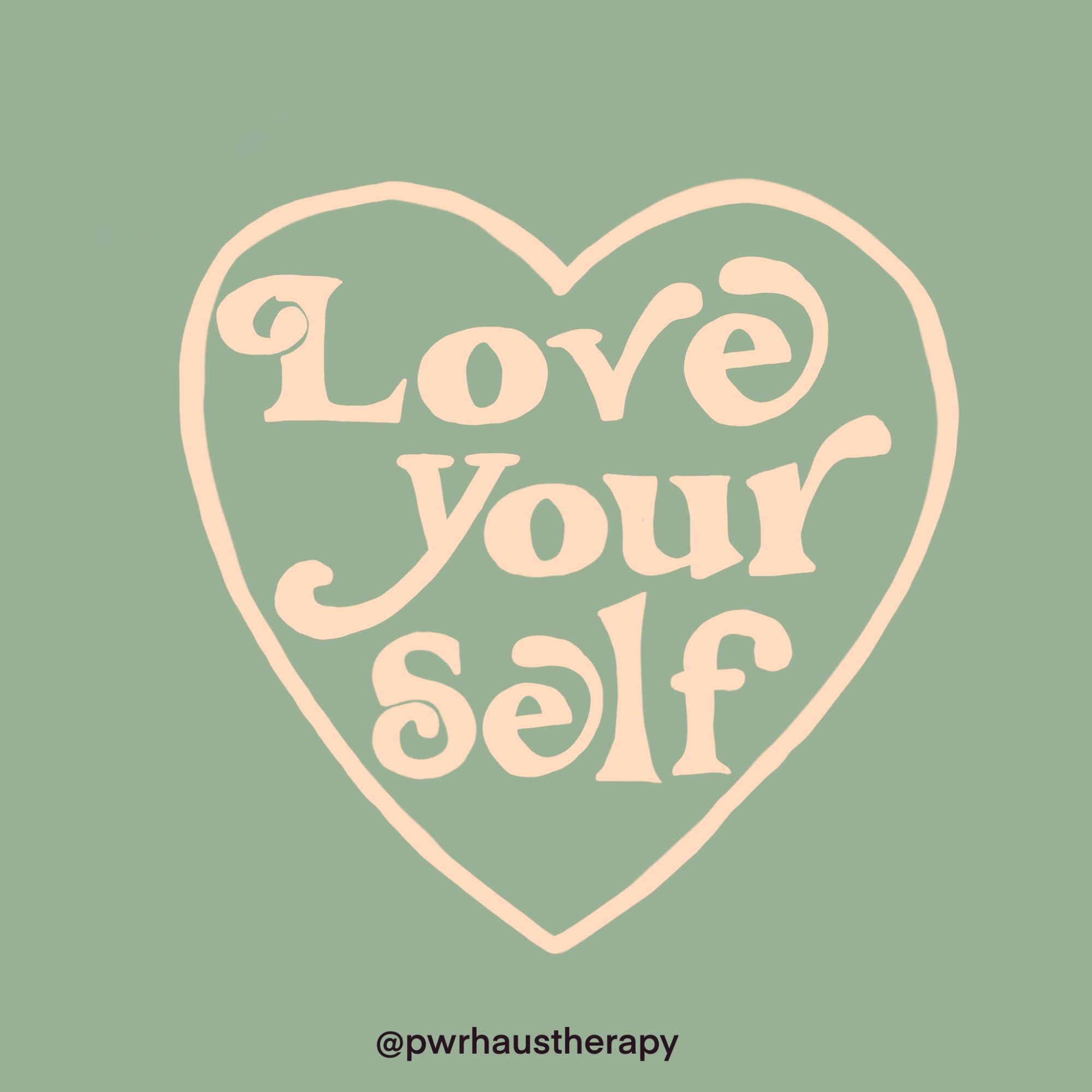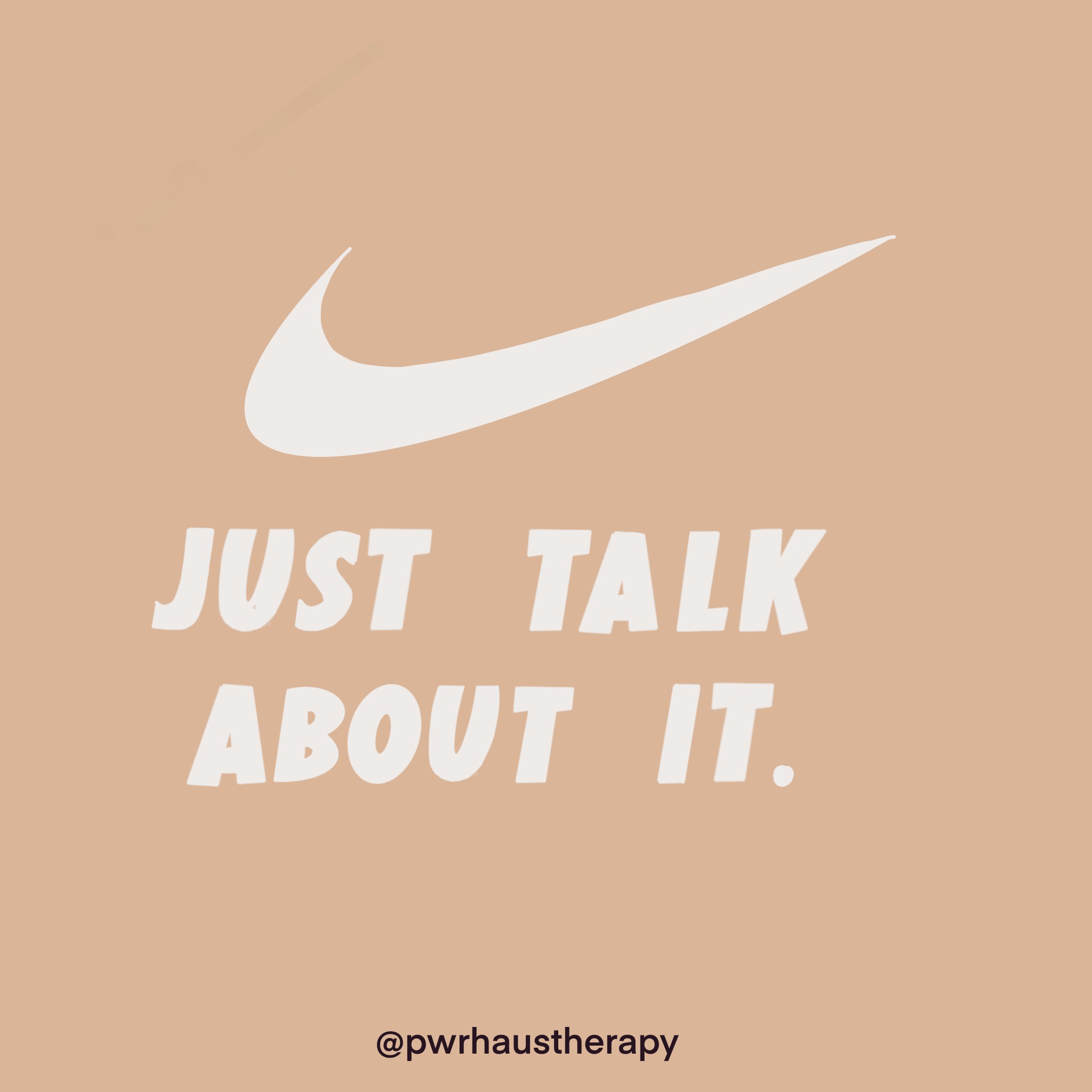
Today we’d like to introduce you to Caroline Lay.
Hi Caroline, thanks for sharing your story with us. To start, maybe you can tell our readers some of your backstory.
I grew up in Monterey Park with one older sister and my parents who immigrated from Indonesia when they were in their twenties. My mom suffered from mental illness all throughout my childhood which made it difficult for my dad to provide for us and for my family to have a typical family dynamic. Growing up, mental health was even more stigmatized, especially within Asian culture, and as a kid of immigrants, I lacked the vocabulary and education on what mental health was. As I grew older I began to finally understand what mental illness was and I was able to learn on my own these new terms. I educated myself more on it independently and I recognized that my experience is not unique. I reflected and empathized with my parents who left their homeland to a country where they knew no one and did not even speak the language in search of a better life for themselves and their kids. I reflected and empathized with my own experience finding my identity as both Asian and American and how mental health played a part in all of this.
It has always been a part of my life whether I knew it or not and becoming a therapist was something that ended up just clicking for me. I initially got my bachelor’s degree in business administration and marketing. After being in marketing in the fashion industry, I quickly realized it was not something I could do for the rest of my life. I felt unfulfilled and unhappy in my career. When a friend of mine recommended I become a therapist, everything clicked and it felt silly to me that I never made the connection since it was so prevalent in my life. I made an almost impulsive decision to go back to school and get my masters in Marriage and Family Therapy. I am now working as an Associate Marriage and Family Therapist specializing in the Asian American experience, women issues, and kids of immigrant issues. I am continually looking to grow as a clinician and to gain more hours towards licensure.
Would you say it’s been a smooth road, and if not what are some of the biggest challenges you’ve faced along the way?
It was definitely not a smooth road and there were a ton of struggles along the way. Looking back I feel like it was such an impulsive decision for me to switch careers and sometimes I wish I would have put more thought into it. I felt silly for switching careers so early in my life and I often felt regret that I didn’t go into therapy in the first place. Working full-time while going to school was also something that required a bit of balance. I also started my practicum hours in the same month Los Angeles was shut down due to the pandemic. I struggled to find a place that I could collect my hours and I struggled with transitioning into a new field fully remote. At the end of the day, telehealth has transformed the mental health industry and helped it become something more accessible to everyone but it was definitely a scary time for us all. With that said, as I continue my journey as a mental health clinician I find that the road may never be smooth and just like in any career, I will always have my bad days and my good days.
Thanks – so what else should our readers know about Pwrhaus Therapy ?
As a mental health clinician, I felt it was important to also utilize my knowledge and experience in helping spread awareness on mental health through various media such as Instagram and Twitter. With technology and social media more prevalent than ever, we are open to so much opportunity to make our own platform. I started Pwrhaus Therapy as my brand and as what I hope to grow into my private practice once I am licensed. I chose Pwrhaus as a name because I wanted the name to feel powerful since therapy is such an empowering process. Pwrhaustherapy specializes in different mental health issues and is dedicated to spreading awareness and education in mental health through the media. Pwrhaus Therapy is also committed to changing the face of mental health. A big barrier for me going into the field was the fact that I did not look like what a quintessential therapist looked like or was portrayed in the media. I am not a caucasian white man in glasses wearing a sweater vest and I feared that because I didn’t necessarily “look” like a therapist, people would doubt my abilities and my work. Mental health is a field that is rapidly adjusting and growing into today’s society, as it evolves I hope that Pwrhaus Therapy can be a contributing influence in destigmatizing mental health and changing the face of mental health.
Where do you see things going in the next 5-10 years?
I see a lot of big changes over the next 5-10 years within the mental health industry. As someone who grew up where mental health was not even a term, I already see such enormous amounts of growth. I see mental health becoming less and less stigmatized and I see an increase in POC clinicians. I see changes in the structure of mental health itself, becoming integrated with physical health and increasing in value within society. I also see the pay structure of mental health changing and being valued more within insurance companies allowing more access to mental health towards all populations. I feel excited to be a part of an evolving industry and I am excited to see where mental health is in the next couple of years.
Contact Info:
- Website: https://pwrhaustherapy.wixsite.com/my-site
- Instagram: @pwrhaustherapy
- Twitter: @pwrhaustherapy
















